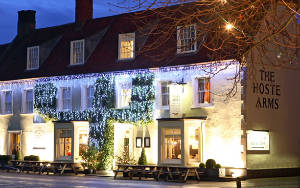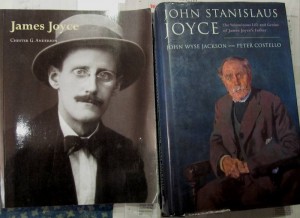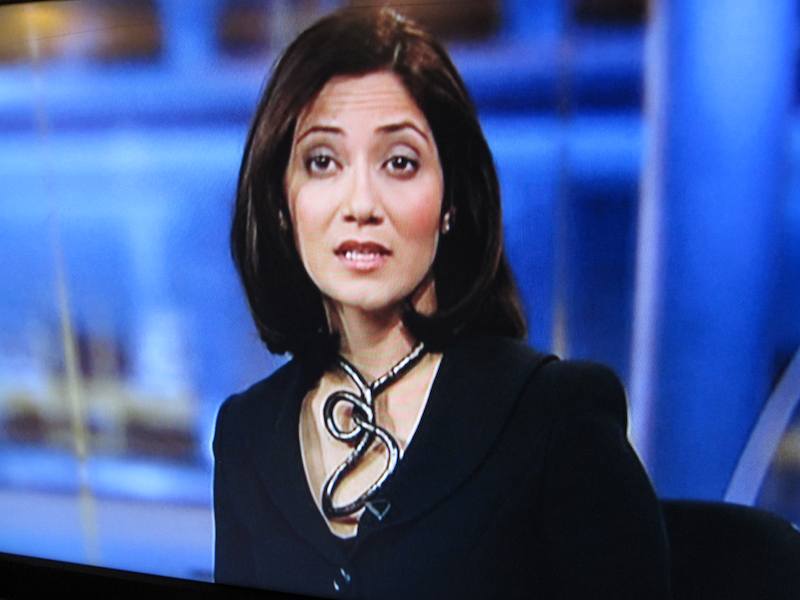Professor Morgan Kelly of University College Dublin has written a terrific analysis of the banking crisis which still threatens the economic viability of my homeland. His conclusion:
By pushing itself close to, and quite possibly beyond, the limits of its fiscal capacity,the Irish state has succeeded in rescuing Irish banks from their losses on developer loans. Despite this, these banks remain as zombies entirely reliant on continued Irish government guarantees and ECB forbearance, and committed solely to reducing their own debts. While bank capital levels are, probably, adequate for the markedly smaller scale of their future lending, … even fairly modest losses on their mortgage portfolios will be sufficient to wipe out most or all of that capital. Having exhausted its resources in rescuing the Irish banks from the first wave of developer losses, the Irish state can do nothing but watch as the second wave of mortgage defaults sweeps in and drowns them.
In other words, it is starting to appear that the Irish banking system is too big to save. As mortgage losses crystallise, the Irish government’s ill conceived project of insulating bank bond-holders from any losses on their investments is sliding beyond the means of its taxpayers. The mounting losses of its banking system are facing the Irish state with a stark choice. It can attempt a NAMA II for mortgage losses that will end in a bond market strike or a sovereign default. Or it can, probably with the assistance of the IMF and EU, organise a resolution that shares property losses with bank creditors through a partial debt for equity swap.
Thanks to Gavin Sheridan and the unmissable The Story for the link.




